Criterion most recent output is a treasure trove for fans of films and the collection.
All are presented in pristine condition by the Criterion collection on Blu-ray.
Check out our reviews ofCarlos,HarakiriandKuronekoafter the jump.
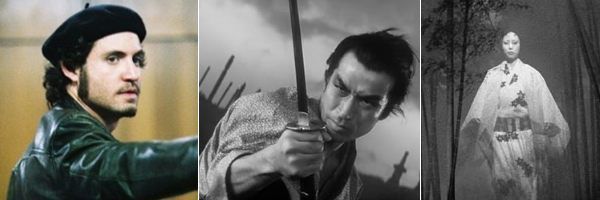
He feels successful and the film sets up the terms of that success.
Shortly thereafter he wanders around his apartment naked.
Assayas uses sexuality and the times to define the character.
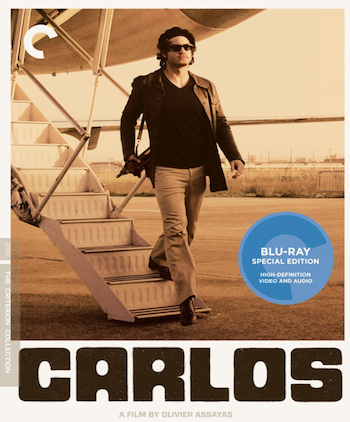
He hops from woman to woman as his rise in infamy begins.
Of course, the incidents in which hes involved rarely go according to plan.
Ramirez puts himself and his body through the ringer as Carlos balloons up when he goes inactive.
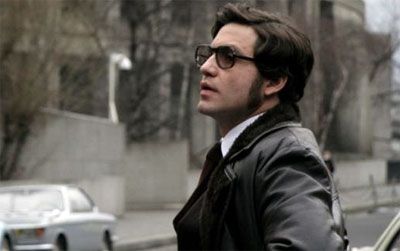
Ramirezs work here is master-actor stuff; its a career performance.
Ramirez plays that perfectly.
Though all the acts are political, the film frames everything as about power and fame and not ideology.
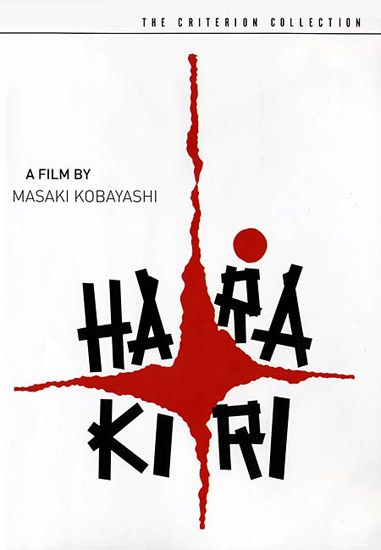
Belief is mostly secondary, which is framed by the films soundtrack mostly punk and new wave.
Its a great work, and was one of 2010s best films.
The film is presented in widescreen (2.35:1) and in DTS-HD 5.1 master audio.
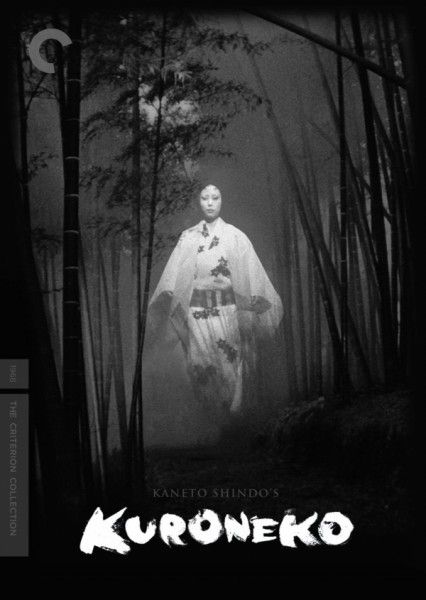
and selected scene commentary by cinematographer Denis Lenoir on six scenes (9 min.)
Disc two offers the rest of the supplements, and its a mother lode.
Theres interviews with Olivier Assayas (43 min.
), Edgar Ramirez (20 min.)
and Denis Lenoir (13 min.)
This is followed by the 1997 French television documentary Carlos: Terrorist Without Borders (59 min.).
Or, to be more precise, exactly what one would want or hope for from a Criterion edition.
1962sHarakiriis a truly gripping yarn.
The Criterion Blu-ray presents the film in widescreen (2.35:1) and in DTS-HD 2.0 mono.
The DVD release was a two disc set, and all the supplements are replicated here.
The film comes with an introduction by Donald Richie (12 min.
), and a 1993 interview with director Masaki Kobayashi (9 min.)
The section A Golden Age (14 min.)
interviews star Tatsuya Nakadai and talks about his role in the film and his entire career.
This is followed by Masterless Samurai (13 min.)
which interviews screenwriter Shinobu Hashimoto.
The set is rounded out with the films theatrical trailer.
Once men begin disappearing, the local lord gets Hachi (Kichiemon Nakamura) to investigate.
When he comes to the house, he realizes that the two women are his mother and wife.
Extras include an interview with the director (60 min.)
from 1998, thoughts from film critic Tadao Sato (17 min.)
on the film and its director, and the films theatrical trailer.